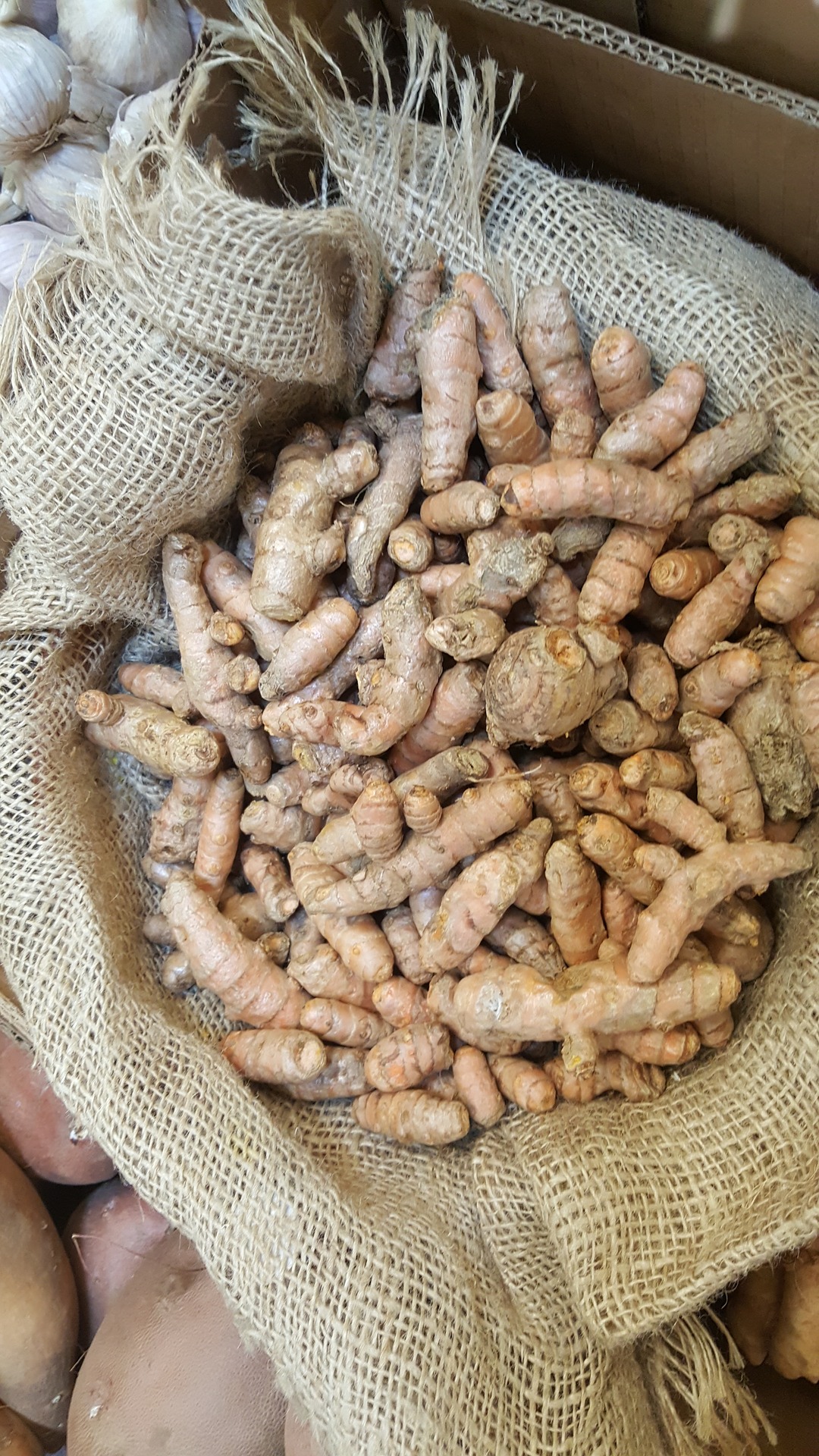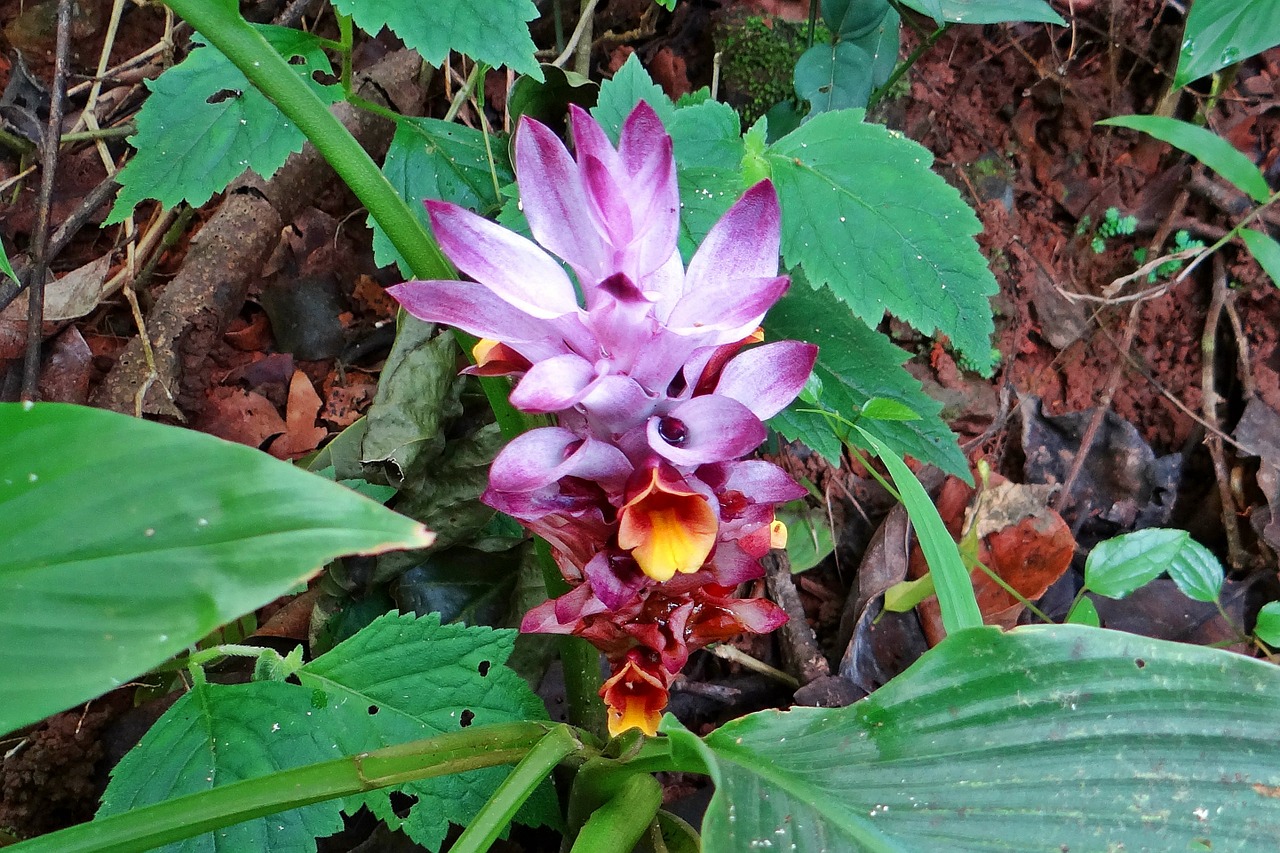
Turmeric (Curcuma Longa)
Plant:
The Tumeric plant is a small, climbing shrub, native to the Asian forest, especially India, but today it is cultivated in many tropical countries. The most popular is its rhizome which offers an intense exotic earthy nutty smell with a bitter and slightly spicy flavor that stands out for its orange color (it can also be white). The orange hue owes it to curcumin, a substance that gives yellow curry, for example, and is often confused with saffron (Crocus sativus).
The powerful turmeric, long used by traditional Chinese and Indian medicine, is easily found in a supermarket or in a health food store, in bulb or powder and its price is affordable (each kilo costs between 10 and 20 euros on the European market).
«Turmeric is the most powerful anti-inflammatory that nature offers,” says Brazilian physician Lair Ribeiro. This cardiologist, nutritionist and author of 37 books, 15 of which are “bestsellers”, encourages the consumption of this food, because all chronic diseases have inflammation as a causal factor. “No one is interested in advertising because it is democratic and cheap [unlike drugs sold by the pharmaceutical industry], explains Lair Ribeiro in one of his videos (in Portuguese) posted on the Internet.
Properties:
Antioxidant, anti-inflammatory, antiviral, antibacterial, antifungal and anti-degenerative.
Benefits:
- alzheimer’s,
- arthritis,
- gallstone,
- cholesterol,
- colds,
- asthma attacks,
- degenerative imbalances (of the colon, lungs or prostate, among others),
- type II diabetes,
- digestion,
- Crohn’s disease,
- skin diseases like psoriasis and dermatitis,
- stimulates muscle regeneration,
- pulmonary fibrosis,
- liver,
- gastritis,
- flu,
- inflammations in the intestine,
- inflamed eyes,
- parkinson,
- weightloss,
- protects against cataracts,
- regulate the intestinal flora,
- kidneys,
- immune system…
How to consume:
Turmeric can be consumed daily in food – in soups, rice, or stews, as well as in green juices – fresh or powdered rhizome. However, it should be borne in mind that the pure substance of curcumin is not well absorbed into the bloodstream, according to experts. That is why the consumption of turmeric should be done with black pepper, which contains piperine and causes normal absorption of curcumin. It is no coincidence that Indian curry contains turmeric and black pepper.
Turmeric oil is also widely used for medicinal treatments.
Contraindication:
Pregnant and breastfeeding women, as well as people already taking blood thinners, suffering from kidney or stomach stress, or after surgery. Therefore, it is advisable to be careful, because each body is different this can lead to possible incompatibilities, total or momentary, generated by its ingestion.
This text is an awareness. Depending on the season and the moment in which you are, it is up to each Being to feel whether he should consume this food. The dosage and frequency depend on the nature and physical condition of each Human Being.





